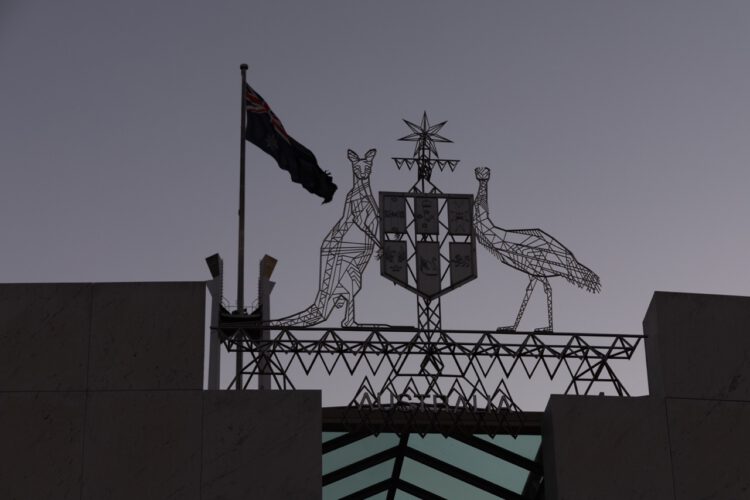The Liberal MP for Longman, Terry Young has a question for Anthony Albanese:
Prime Minister, Australians are currently enduring a crippling cost of living crisis that also includes both a housing and power bill crisis. Now they’re facing collapse in bulk billing. Can the Prime Minister confirm the rate of bulk billing has declined from 88 per cent under the coalition to 77% today under Labor?
Albanese sends this one to Mark Butler who is DELIGHTED to take it.
Indeed, Mr. Speaker, the 88% figure the member for Longman, very unwisely, took from his tactics committee was described by the Royal College of GPs as a misleading and highly skewed figure, a misleading and highly skewed figure.
I understand why the leader of the opposition would use it, but why would the member for Longman take a sucker punch like that, Mr. Speaker? Why, when I thought the member for Longman was smarter than that? And the reason why the Royal College of GPs said this was misleading and highly skewed is that it took into account all of those COVID vaccination and other services that were required to be bulk billing, bulk bill to be delivered. The actual story of bulk billing in the last decade is a story first penned by the Leader of the Opposition when he was the Health Minister, when he said that there were too many free Medicare services, too many free Medicare services, echoing the view of his mentor, right, John Howard, who said that bulk billing was an absolute rort. Well, he tried to abolish bulk billing altogether and introduce a tax for every single Australian patient to pay every time they visited the GP….
There is a back and forth between Michael Sukkar and Tony Burke about whether or not Butler is in order, which he is. Butler finishes with:
“The history of bulk billing over the last several years, which is the point of the question, is very clear when the when the leader of the opposition, the former health minister, was not able to get his GP tax through the Senate, instead, he initiated a six year freeze to the Medicare rebate that the college of GP said when we were coming to government had resulted in a free fall in bulk billing.
Now we have put record investments to turn that around. But if there is an issue with bulk billing in this country, and we’d like to see it higher than it currently, is it all lies at the feet of this man, the letter of the opposition, who, as the Prime Minister said, was voted by Australia’s doctors as the worst health minister in the history of Medicare.
If that verdict is not enough, Mr. Speaker, perhaps another verdict is that the former Prime Minister Tony Abbott thought he was so bad he didn’t let him even deliver a second health budget.”
